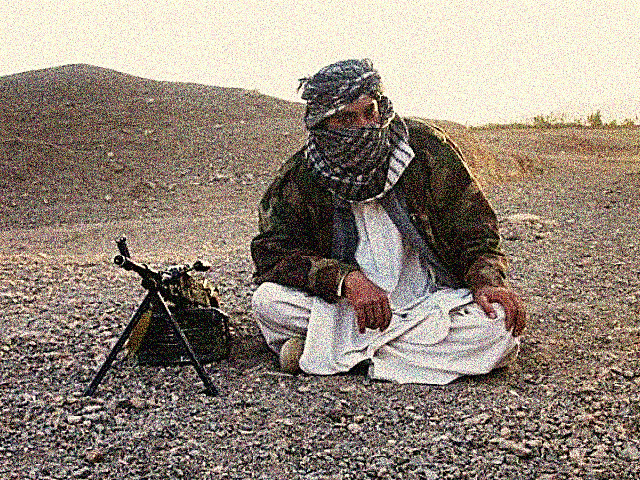Afghanistan, which manages to generate only about $2 billion per year of its own revenues and depends on international donors for the rest of its budget, suffers from a kind of resource curse. With plenty of cash and no accountability to citizens—as well as minimal oversight by donors—Afghan officials are free to rip off donor resources and ignore or extort their fellow citizens with relative impunity.







